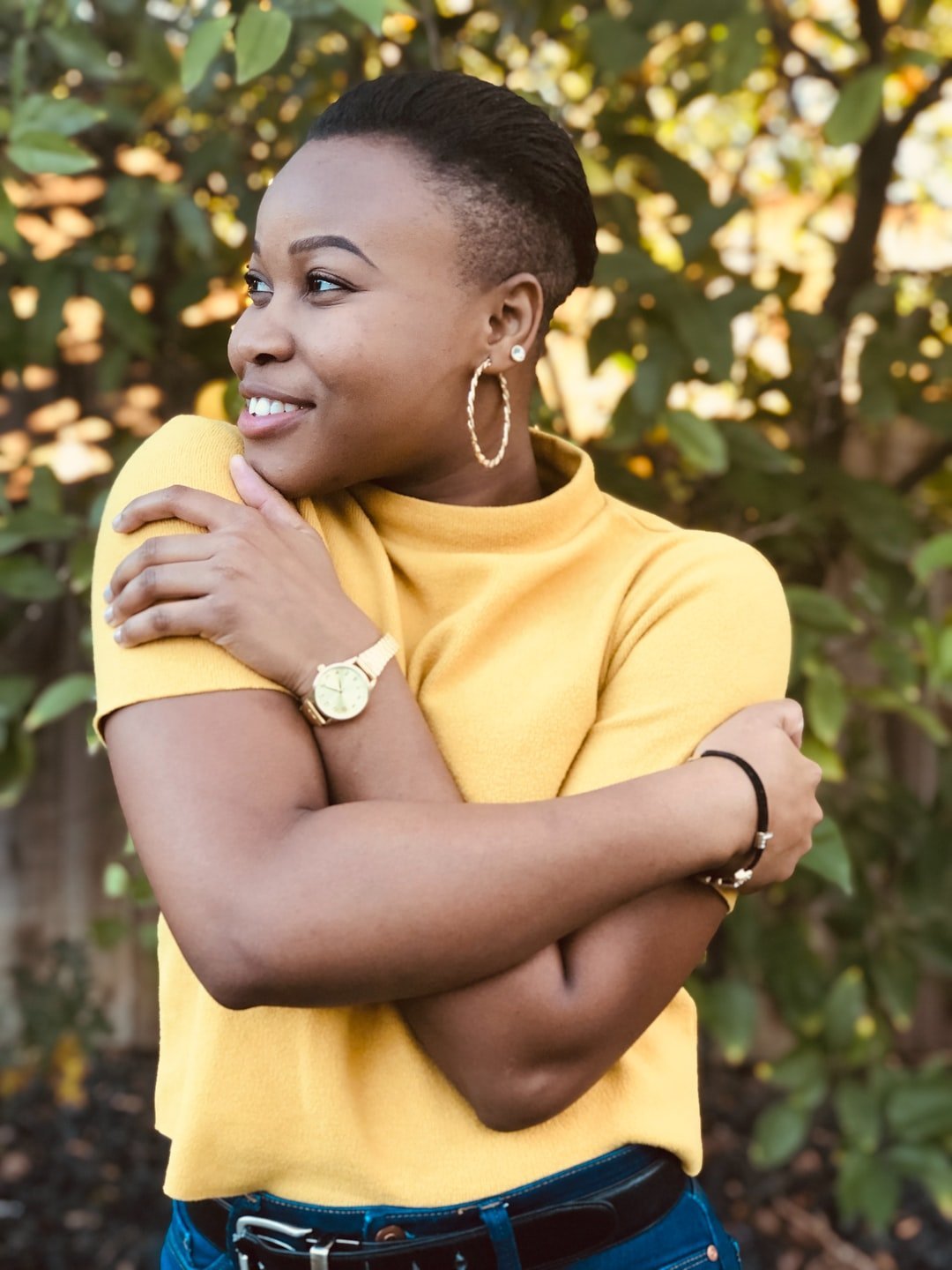
Give your trauma healing the attention is deserves.
You just want a queer therapist who gets it so that we can get to processing your trauma.
Online therapy in Minneapolis and throughout MN for bi, queer, trans, and nonbinary adults.
LGBTQ+ Trauma Therapy and PTSD Treatment
You might be someone who:
Thought queer relationships had better communication and less objectification, but your past relationship was toxic and controlling.
Doesn’t feel like you belong in general trauma survivor spaces because you’re LGBTQ+.
Doesn’t feel entitled to use LGBTQ-focused survivor resources because you experienced abuse, assault, or harassment from a cis-het partner.
Grew up around a lot of anger or emotional immaturity from your caregivers.
Experienced abuse, assault, or sexual harassment from a fellow queer or trans person and hate them for “making us look bad.”
You survived the initial trauma. Now it’s time to heal from its aftermath. Read on to see if my LGBTQ+ trauma therapy services might be what you need.
You don’t know whether to call it trauma or not, but you know that you’re not ok with what happened.
You seek out confirmation that what you went through was harmful or traumatic. While at the same time, you find yourself wanting to discredit or downplay the experience so that you can try convincing yourself ‘it wasn’t a big deal.’
Or maybe you felt like everything was normal until you read something about trauma or heard someone talk about trauma. Now you look at your experiences differently and are beginning to understand them as traumatic.
You might notice your mind and body acting in ways that are confusing to you. Maybe you notice yourself freezing up more, feeling more panicked, or feeling disconnected from people and your surroundings.
You logically know it wasn’t your fault, but you can’t stop feeling like you should’ve protected yourself sooner.
I will provide room for you to acknowledge the impact of these experiences, even when our thoughts and feelings about it are confusing.
We will practice compassionately riding the waves of trauma-related symptoms and cherishing moments when the waves subside. We will thank your mind and body for keeping you safe. And in new moments when these protective responses are no longer needed, we will kindly say goodbye to them.
Instead of being motivated to heal because you want to prove to those who harmed you that they were wrong, we will explore motivations for you to heal that center your hopes for the future. Your thoughts about the things you ‘can’t do anymore’ because of trauma triggers will be replaced with thoughts of what you won’t do anymore out of care for yourself. I will support you in reclaiming choices that prioritize your health and well-being.
Are you ready to compassionately heal?
My experience with trauma therapy and PTSD
I’ve supported clients healing from trauma for over 8 years. During that time I participated in trainings and received supervision on how to support trauma survivors. I approach trauma therapy from a compassion focused therapy and an emotionally focused individual therapy (EFIT) perspective, meaning that we are not meant to deal with trauma alone. We heal from trauma through compassion, safe connection, awareness of our emotions, and reconstructing a sense of self. Throughout my doctoral training I studied and published research focused on post-traumatic growth and resilience for LGBTQ+ people. My experiences as a therapist and a psychological researcher led me to understand that some of the most meaningful transformations in our lives can occur while healing from trauma.
Questions You May Have About Trauma Therapy and PTSD Treatment:
-
Traumatic events happen when our ability to cope is overwhelmed. Unlike everyday stressors or ordinary stressful experiences, traumatic events usually threatened or harmed your life or body, or included exposure to violence or death.
Trauma often leaves us full of self-doubt. Odds are, if it wasn’t traumatic, you wouldn’t be sitting here thinking about it and questioning it so much. I encourage you to listen to the part of you that brought you to this page.
Let me be clear: You don’t have to be certain on whether or not to label your past toxic relationship or childhood as trauma in order to start trauma therapy. Schedule a consult with me so that we can figure it out together.
-
I mostly work with survivors of relational trauma. This includes people harmed by a caregiver, romantic partner, or another person. I also support survivors of institutional trauma and betrayal. This includes religious abuse/trauma, workplace harassment, and institutional cover-ups of sexual trauma.
-
Over my years providing therapy, I’ve heard countless LGBTQ+ trauma survivors whose relational trauma was invalidated or never acknowledged as trauma. Homophobia in our society makes consensual queer sex a taboo and often censored topic. Add in the layer of nonconsensual queer sex or relationship dynamics and it becomes even more silenced.
LGBTQ+ survivors of childhood trauma often face the stereotype that their childhood abuse ‘made them’ gay. Someone else’s past harmful behavior is used to invalidate the queer survivor’s identity. I believe you deserve a trauma therapy experience where your identity is not called into question.

